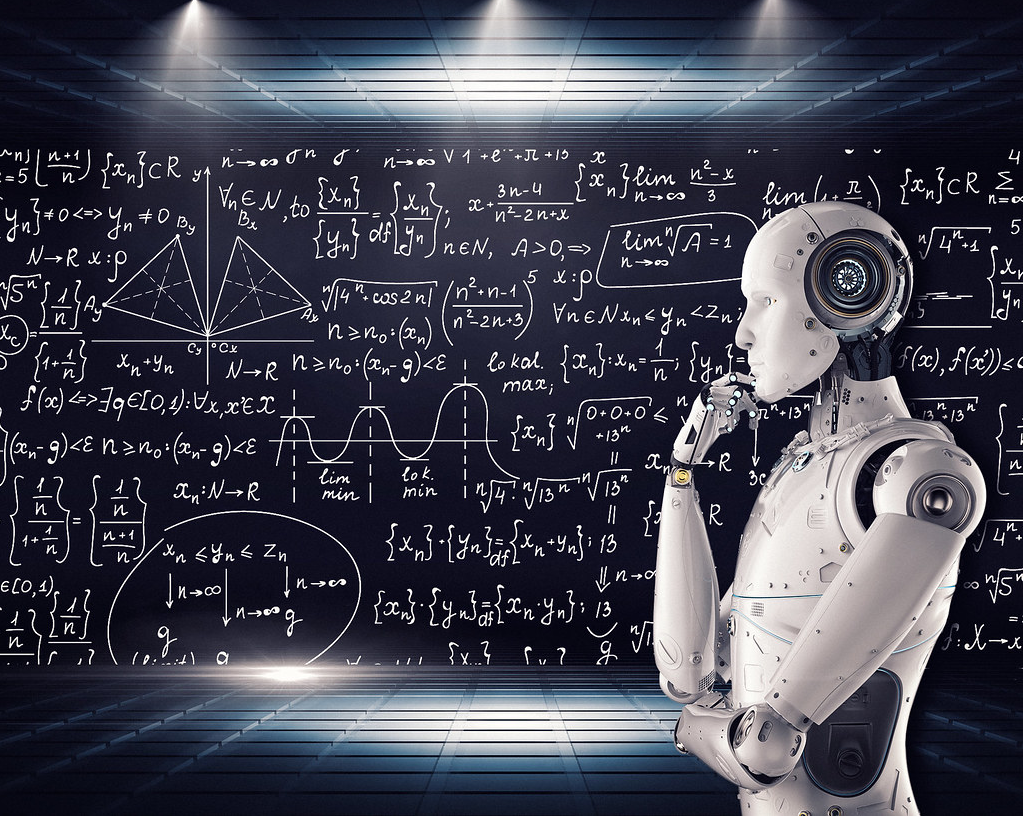By Tonny Tugee
Artificial intelligence (AI) may seem like the stuff of science fiction, but it is already being widely used in businesses and in our personal lives.
From automation to data analytics and natural processing language, it has streamlined operations and continues to improve process efficiency.
AI has resulted in a drastic shift in the global economic landscape, allowing businesses to innovate faster than ever before. Already we are seeing African industries use AI to evolve and better align with the digital economy. But what could the future of AI look like, and more importantly, what impact will it have on businesses?
AI In The Workplace
AI can match and exceed human intelligence and capabilities when it comes to tasks, such as decision making, reasoning, learning, sophisticated analytics and pattern recognition, visual acuity, speech recognition, as well as language translation.
Banks, for example, are becoming increasingly reliant on AI, specifically using it to process, analyse, and store big data, including client information.
Of course, many people are concerned about job displacement because of AI adoption. While this certainly is a possibility, instead we should see AI as opening the field for more engaging, less repetitive new roles that are more satisfying to employees and increase revenues.
This brings us to the ethical implications regarding the fair and inclusive use of AI. What business leaders should be doing is finding ways to retain and educate employees, not seeking to replace them. Those with repetitive jobs should be sought out and taught new skills.
AI will impact the future of virtually every industry and every human, with the goal of delivering increased efficiency and other benefits, such as improved safety.
There are so many opportunities to apply AI in the workplace, and it all starts with defining your goals: what do you want to achieve, how do you prioritise your main value drivers, and when do you seek out specialists in the field to help you prepare your data for the digital shift? Of course, good connectivity to run what are often complex platforms also need to be taken into account.
The Future of AI in Africa and Beyond
On our continent, we’re seeing innovations in machine learning; AI enables, for example, the mining industry to operate machinery via intelligent automation control panels, and in doing so, reduces human error and decreases fatalities.
Through AI systems connected to sensors, they can detect which way the drivers are looking as they operate the vehicles, how fast they are driving, where they are driving, the locations of the people around them, and so much more.
The healthcare system also has much to benefit from AI. With mobile penetration so high in Africa, vast amounts of health-related data can be captured and used to improve public health outcomes. In coming years, this can be linked to everything from personal genomes to nutrition, resulting in a healthier and fuller life for all.
In education, textbooks can be digitalised with the help of AI, early-stage virtual tutors can assist human instructors, and facial analyses can gauge the emotions of students to help determine who’s struggling or bored, and better tailor the experience to their individual needs.
It’s simply not a question of whether AI is here to stay or not, it’s how much it will change industries, and whether companies are ready to benefit from it.
There are many African companies leading this charge to a more intelligent future.
Clevva specialises in chatbots referred to by the start-up as ‘digital service experts’ that enable any company to effectively capture and scale their sales, support, systems, processes, and technical expertise using real-time data.
A little closer to home we find Fastagger, an AI-as-a-service Kenyan start-up that is looking to accelerate the adoption of AI applications in Africa by providing contextual data on the continent and helping entities develop bespoke AI application use cases.
More recently, they have been focused on developing an AI-based, satellite-enabled solution for solar infrastructure companies to efficiently map potential markets according to detailed parameters, such as rooftop count.
But what do these companies have in common? They offer intelligent technology that can bridge the gap for complex business requirements.
Without a doubt, AI has changed how we work and live, and will continue to do so for the foreseeable future. That’s why businesses need to embrace these intelligent technologies and the changes that they will undoubtedly bring. Instead of feeling intimidated, business leaders need to realise that there is still a long way to go before we reach anything that resembles human-level AI, meaning job security – for now – and improved efficiency leading to greater business resiliency in the future.
The Writer is The SEACOM East and North East Africa, Managing Director













Leave a comment